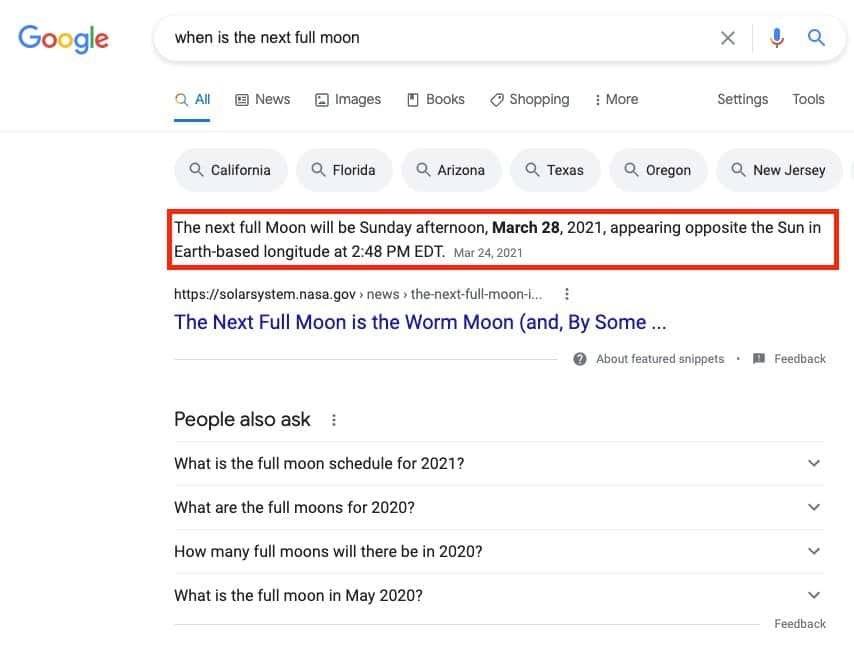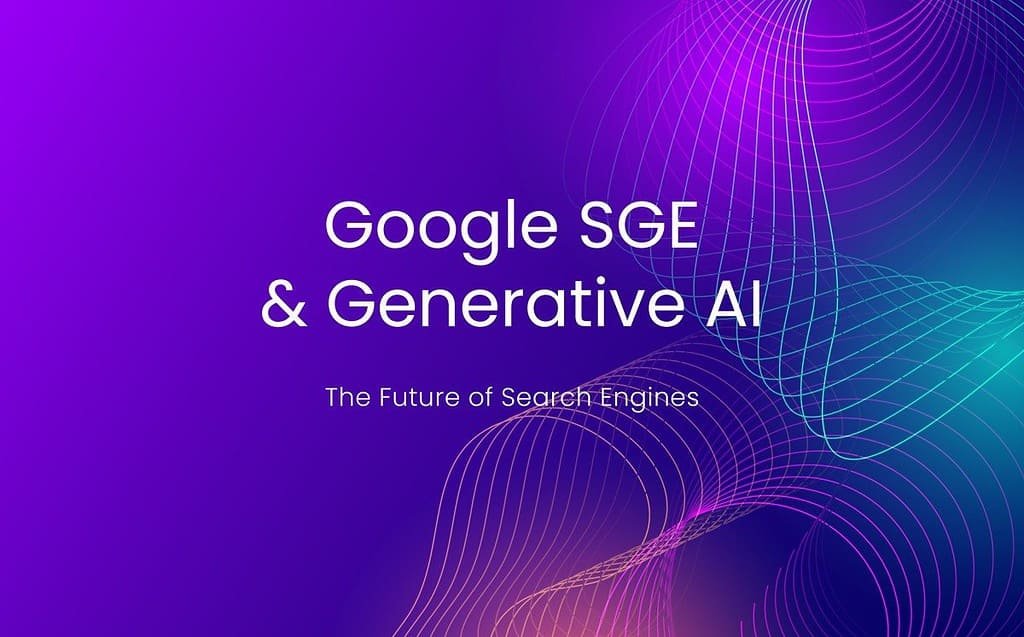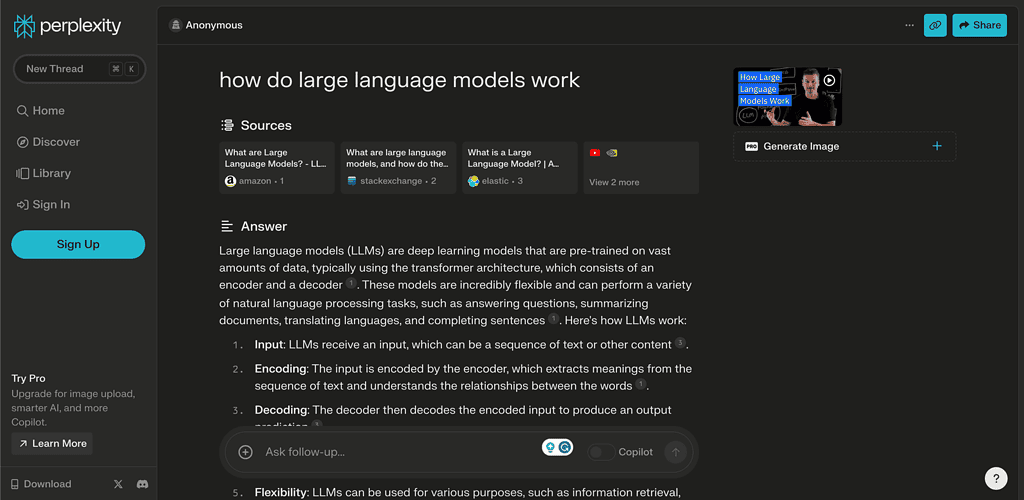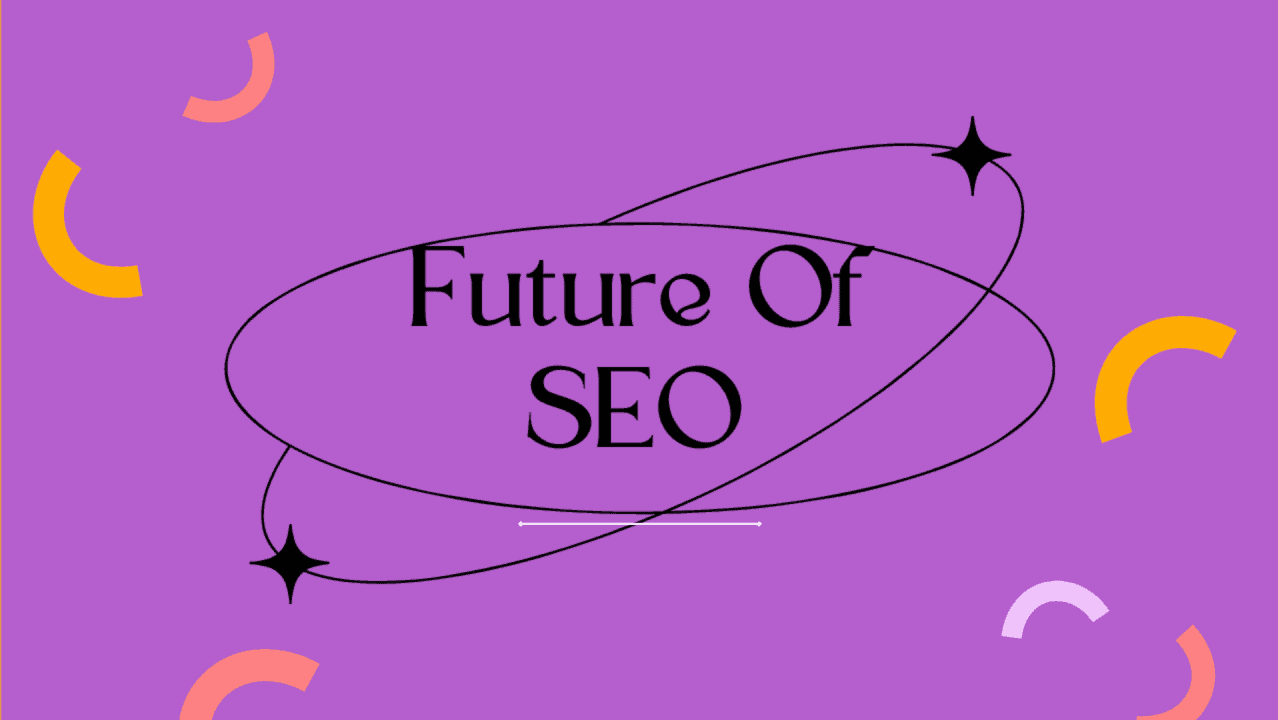As we approach 2025, the landscape of Search Engine Optimization (SEO) continues to evolve rapidly. Based on insights from industry experts and research conducted by RankUp SEO Lab, we’ve compiled seven key predictions that will shape the future of SEO.
These trends highlight the need for businesses and marketers to adapt their strategies to stay ahead in the ever-changing digital marketing world.
Let’s get into the 7 emerging trends that predict where this SEO industry is moving towards.
SEO In 2025 – Future of Search Predictions:
1. Decline in Organic Clicks
One of the most significant changes we can expect is a decrease in organic clicks. Google is increasingly providing direct answers through AI-powered overviews, extensive advertisements, and search features that bypass traditional search engine results pages (SERPs). Despite this trend, Google remains the premier source of organic traffic compared to social media platforms, where sharing links can be penalized.

According to a study by SparkToro, nearly 65% of Google searches ended without a click to another web property in 2024, and this trend has continued to grow. This shift is largely due to the rise of zero-click searches, where users find the information they need directly on the SERP without clicking through to a website.
To combat this trend, businesses will need to focus on optimizing their content for featured snippets and other SERP features. This includes structuring content in a way that’s easily digestible for both users and search engines, using schema markup to provide context to search engines, and creating comprehensive, authoritative content that answers users’ questions directly.
2. Expansion of AI Overviews
Currently, AI overviews primarily cater to informational long-tail queries. However, it’s anticipated that Google will extend this feature to include commercial and local searches. While this might seem concerning for website owners, if Google continues to cite sources in these overviews, the impact on organic traffic may be less severe than feared.

Google’s AI Overview capabilities have been developed via machine learning models based on the trove of data available on the worldwide web. They are capable of answering more complex questions, allowing the viewer to field a more nuanced search term instead of having to break the term up into several different searches.
To adapt to this change, businesses should focus on creating high-quality, comprehensive content that addresses common user queries.
This increases the likelihood of being included in AI Overviews and potentially driving traffic back to your site.
3. Advertising Within AI Overviews
Given Google’s prioritization of its advertising business, it’s highly likely that we’ll see the introduction of ads within AI overviews. This new advertising avenue could provide businesses with fresh opportunities to reach their target audience.
Google has already begun rolling out ads in AI Overviews for mobile users in the US. These ads will have the “Sponsored” label on them, like other search ads.
According to Google, “People have been finding the ads within AI Overviews helpful because they can quickly connect with relevant businesses, products and services to take the next step at the exact moment they need them.
Advertisers should start preparing for this new ad format by focusing on creating highly relevant and valuable ad content that seamlessly integrates with AI-generated responses.
4. Rise of Alternative Search Engines
For the first time in Google’s history, viable alternatives like Search GPT and Perplexity are emerging. SEO practitioners should be prepared to optimize for these new platforms, which rely heavily on large language models and natural language processing (NLP).

While Google still dominates the search market with over 90% global market share, alternative search engines are gaining traction.
Bing, for example, accounted for 3.95% of the global search market share as of September 2024, according to Statcounter.
Marketers should consider optimizing for these alternative search engines, especially if they cater to specific niches or prioritize privacy, which could appeal to certain user segments.
5. Google’s Continued Dominance
Despite the rise of alternatives, Google is expected to maintain over 85% market share in traditional search. The tech giant’s vast resources and ability to innovate will likely help it maintain its position as the leading search engine.
Google’s parent company, Alphabet, reported revenues of $305.6 billion in 2023, demonstrating its continued dominance in the digital advertising space. This financial strength allows Google to invest heavily in AI and machine learning technologies, ensuring its search capabilities remain at the forefront of innovation.
6. Reduced Emphasis on User-Generated Content

Google may decrease the prominence of user-generated content (UGC) in search results, particularly outdated forums and thin Reddit threads. This shift could benefit websites with high-quality, authoritative content.
However, UGC still has a place in SEO strategies. Brands can leverage UGC to foster genuine connections with their audiences, gather valuable insights, and boost visibility across multiple platforms.
The key is to focus on high-quality, relevant UGC that adds value to the user experience.
7. Increased Importance of Website and Brand Authority
As AI-generated content becomes more prevalent, Google will likely place greater emphasis on website and brand authority as ranking factors. This includes the acquisition of quality backlinks and an increase in branded searches.
According to research conducted by RankUp SEO Lab, websites with strong brand authority and consistent backlink profiles tend to perform better in search results and are more resilient to algorithm updates.
Google’s March 2024 Core Update further emphasized the importance of content quality and authenticity, deindexing numerous websites that failed to meet the new standards. This update targeted low-quality and AI-generated content, prioritizing high-quality, human-generated content that provides real value to users.
To adapt to this trend, businesses should focus on building their brand authority through thought leadership content, industry partnerships, and consistent, high-quality content production.
Additionally, implementing a robust link-building strategy and encouraging branded searches can help solidify a website’s authority in Google’s eyes.
Conclusion:
The future of SEO in 2025 will be shaped by AI advancements, changing user behaviors, and Google’s ongoing efforts to provide the most relevant and valuable search results.
By staying ahead of these trends and adapting strategies accordingly, businesses can position themselves for success in the ever-evolving world of search engine optimization.
As we move towards 2025, it’s clear that a holistic approach to digital marketing, encompassing SEO, content marketing, and brand building, will be crucial for maintaining and improving search visibility in an increasingly competitive digital landscape.


